What is Hibiscus?
Hibiscus is a genus of flowering plants in the mallow family, Malvaceae. It is quite large, containing several hundred species that are native to warm-temperate, subtropical, and tropical regions throughout the world
Member species are often noted for their showy flowers. The tea made from Hibiscus flowers is known by many names in many countries around the world and is served both hot and cold. The beverage is well known for its color, tanginess, and flavor.
It is known as bissap in West Africa, karkadé in Egypt and Sudan, flor de Jamaica in Mexico, gudhal in India, and gongura in Brazil. Some refer to it as roselle, a common name for the Hibiscus flower. In Kenya, the Hibiscus flower grows nearly throughout the year, though its peak production is during the dry season of November to March of the following year.
Dried Hibiscus flower is used in the production of Hibiscus tea, juice and wine. Hibiscus tea is a caffeine-free herbal tea from a special type of Hibiscus, called Roselle; the scientific name is Hibiscus sabdarrifa. Specifically, the tea is made out of the dried fruit part of Roselle, called calyx. It is in red color and tastes like berries.


Health Benefits
Menstrual Pain
Provides relief from cramps and menstrual pain
Helps in restoring hormonal balance (which can reduce other symptoms of menstruation like mood swings, depression, and overeating)

Anti-Inflammatory and Antibacterial Properties
Hibiscus tea is rich in ascorbic acid, also known as vitamin C. Vitamin C is an essential nutrient required by our body to boost and stimulate the activity of your immune system. Fresh or dried flower of roselle contains high quantities of Vitamin C.
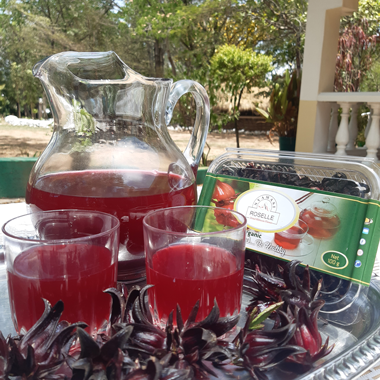
Aids Digestion
The seed capsule in the roselle fruit is known for its diuretic and tonic properties. It is hence used for the following purposes:
- Increases both urination and bowel movements(due to its diuretic properties)
- Treats constipation
- Prevents colorectal cancer
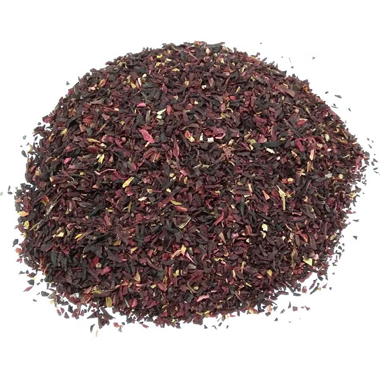
Antidepressant Properties
The seed capsule in the roselle fruit is known for its diuretic and tonic properties. It is hence used for the following purposes:
- Increases both urination and bowel movements(due to its diuretic properties)
- Treats constipation
- Prevents colorectal cancer

Anti-Cancer Properties
Hibiscus herbal tea contains hibiscus protocatechuic acid which has anti-tumor and antioxidant properties. A study conducted by the Department and Institute of Biochemistry at the Chung Shan Medical and Dental College, in Taichung, Taiwan suggests that hibiscus slows down the growth of cancerous cells by inducing apoptosis, commonly known as programmed cell death.
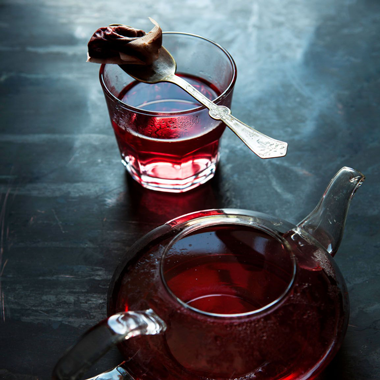
Weight Loss
Research studies have suggested that hibiscus extract lowers the absorption of starch and glucose and helps with weight loss. Hibiscus inhibits the production of amylase, which helps in the absorption of carbohydrates and starch, so drinking hibiscus tea prevents that absorption from occurring. As a result, hibiscus tea is found in many weight loss products.
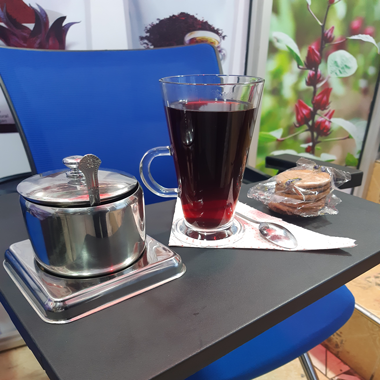
Cough, Colds and Fever Management
Hibiscus tea is often used as a supplement to help treat coughs and colds. Because of its cooling effect, it is especially effective in reducing the discomfort of fevers that may accompany such ailments.
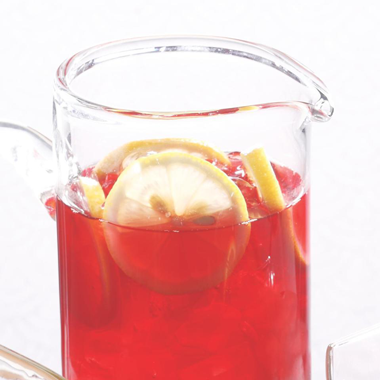
Blood Pressure Management
Because of its anti-inflammatory properties, hibiscus tea can reduce blood pressure by up to 10 points, according to research done at Tufts University in Boston. For this drastic improvement to occur, you need to consume three cups every day for a few weeks. Also, hibiscus tea has diuretic properties that increase urination, simultaneously lowering blood pressure.
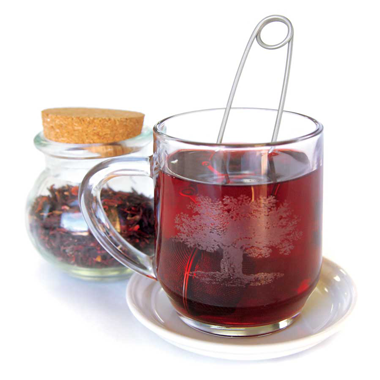
Protects Liver
Antioxidant properties helps to treat liver diseases (Antioxidants help to protect your body from diseases because they neutralize the free radicals present in body tissues and cells)
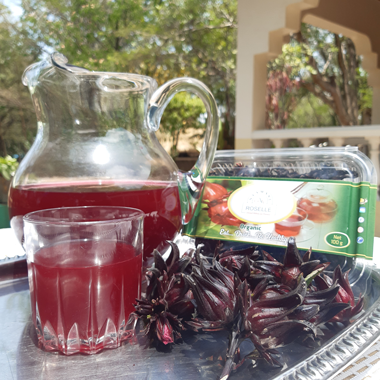
Maintains Healthy Teeth and Gums
This is due to the significant calcium content in red roselle.

Healthy Pregnancy
Red roselle is rich in iron which helps in pregnancy.
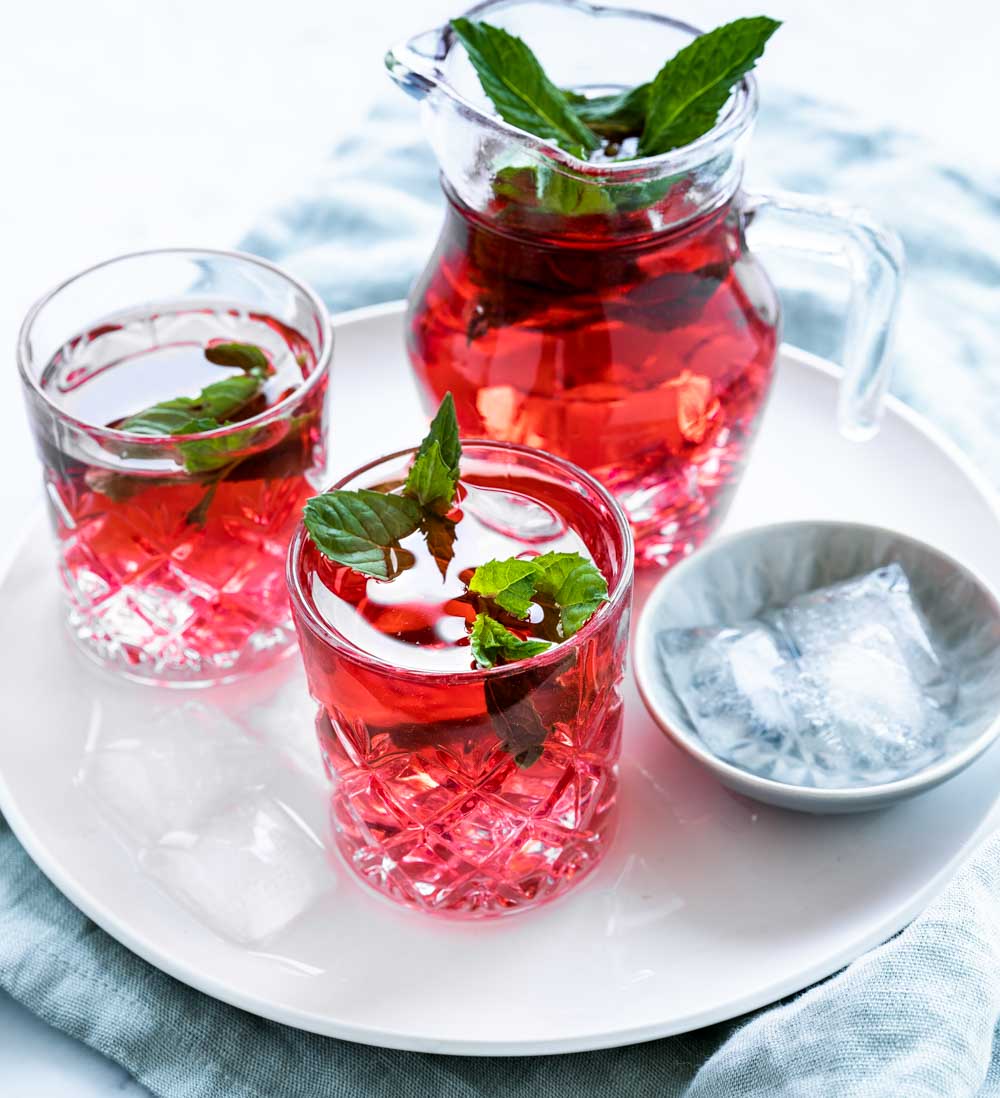
Lowers Cholesterol
Hibiscus tea helps to lower the levels of cholesterol from the body, thereby helping to protect against heart diseases and protecting blood vessels from damage.
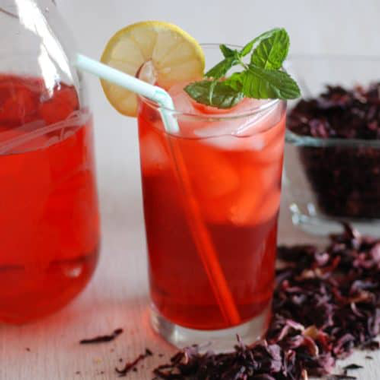
Protects Liver
The antioxidant properties of Hibiscus tea may help in treating liver diseases. Antioxidants help protect the body from diseases by neutralizing free radicals present in body tissues and cells.
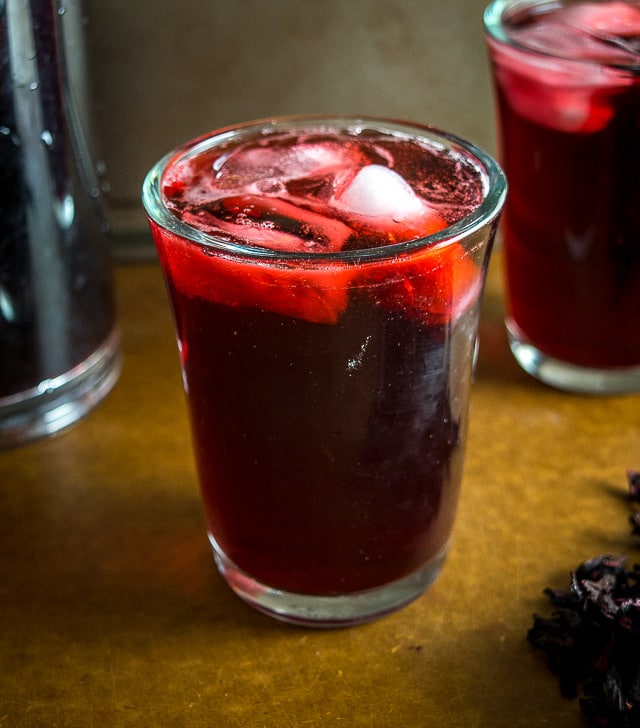
It tastes great!
Hibiscus herbal tea has a taste that is very similar to cranberry juice. It can definitely be described as tart, so you can add sugar or honey to increase the sweetness. Also, you can try adding spices like cinnamon, cloves, nutmeg, and ginger depending on your taste preferences